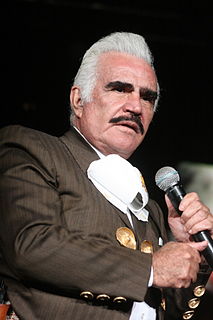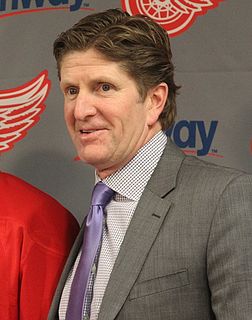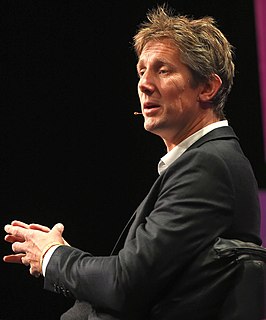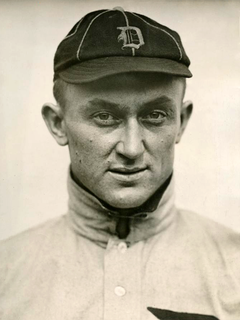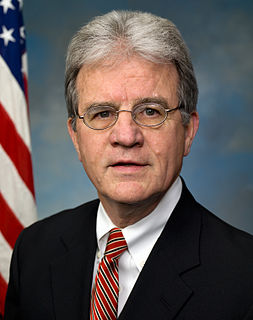A Quote by Chris Borland
One healthy thing I'd like for players to know, whether they're active or former, is you likely can't replicate the thrill of playing before 100,000 people and big hits and making that much money. We can get ourselves into trouble trying to.
Related Quotes
A few years ago, they [Neandertals] were thought to be ancestral to anatomically modern humans, but now we know that modern humans appeared at least 100,000 years ago, much before the disappearance of the Neandertals. Moreover, in caves in the Middle East, fossils of modern humans have been found dated 120,000-100,000 years ago, as well as Neandertals dated at 60,000 and 70,000 years ago, followed again by modern humans dated at 40,000 years ago. It is unclear whether the two forms repeatedly replaced one another by migration from other regions, or whether they coexisted in some areas
You might be like, 'I want really big hits.' But when you get really big hits, and your label is making $150 million, they are people who are now interested in what you do. They are going to begin to tell you what to do, and so you become important. So your creative freedom - you're not going to have that again.
I think being honest with one another creates an environment that's comfortable. You want to know where you stand, whether you're doing a good job. The players know what's going on before you do. They're trying to see if you're going to do something about it. And when it's not like that, everybody is pissed off, because they know that people can get away with stuff and that nobody is keeping them in line. That's not a team to me.
Almost no one under 60 remembers what fundraising was like before Watergate. Until the 1970s, campaign money was collected by "bagmen," familiar characters from the world of organized crime. As fans of Boardwalk Empire know, a bagman is a political fixer who walked around with stacks of $100 and $1,000 bills. At lower levels, he used brown paper bags. In presidential campaigns, the cash was more likely to be in briefcases. Classier that way.
I might spend 100 pages trying to get to know the world I'm writing about: its contours, who are my main characters, what are their relationships to each other, and just trying to get a sense of what and who this book is about. Usually around that point of 100 pages, I start to feel like I'm lost, I have too much material, it's time to start making some choices. It's typically at that point that I sit down and try to make a formal outline and winnow out what's not working and what I'm most interested in, where the story seems to be going.
The richer people, when they get another $100,000, or another million, or 10 million, don't tend to spend it as much as the poorer people would if they got another $100 or $1,000 or $5,000. All the empirical evidence suggests that the rich tend to consume a lower proportion of income than middle and lower-income people.





